By Douglas Carroll, Public Affairs Specialist
In April, the Daniel K. Inouye Asia Pacific Center for Security Studies (DKI APCSS) convened senior officials from the United States, key Indo-Pacific nations, and other allies and partners for the Maluhia Talks, which focus on Indo-Pacific challenges, priorities, and security opportunities. The event included 18 participants from 15 countries across the region and beyond.
The Maluhia Talks foster a collaborative dialogue on the evolving security environment in the Indo-Pacific region, encouraging an exchange of perspectives on regional security concerns and strategic priorities. The workshop seeks to promote collaboration, align strategies, and enhance regional stability and prosperity through partnership and collective efforts by facilitating mutual understanding of shared and divergent approaches to regional security, defense cooperation, and international relations.
“It’s the current iteration of a series of dialogues that we’ve had over the last seven or eight years, where we bring together senior level policy officials, largely from defense and foreign affairs, from across the region and the world,” said Professor Lukas Filler from the DKI APCSS College of Security Studies, who was the lead planner for the event.
Standing in the shade outside of Maluhia Hall, the eponymous location in which the discussions were held, he added, “It is basically an opportunity for a small group to have fairly frank dialogues about the policy issues that are affecting each of our country’s ability to improve the security environment.”
Frank and open discussions are the hallmarks of DKI APCSS, which always employs a policy of non-attribution in every course and workshop it offers unless expressly agreed upon by all parties involved. This methodology improves understanding of one another’s views, which, in turn, illuminates avenues for collaboration and even policy adjustments to help all parties work together more effectively.
Through a mix of plenary sessions, breakout groups, and working lunches and dinner, there was much interaction between positional authorities who could relate the insights from the event in Waikiki back to other policy and decision-makers in their home countries. The United States lead representative, Jed Royal, Principal Deputy Assistant of Defense for Indo-Pacific Security Affairs, set the tone of the event by welcoming all participants with the comment that he came to listen as much as to share the outlooks and priorities of the new administration back in Washington.
“We want to make sure that we’re working with these premier partners, people that we know have a lot to offer to the region,” he said. “We also had some European allies and partners come. We do want to think about the impacts in this region, not only as they exist here, but more broadly, globally as well,” he added.
The talks reinforced the realization that countries around the world will be impacted by developments in the Indo-Pacific security environment. Participants agreed that recent and notable events in both the region and the European theatre have further emphasized that our security interests are, indeed, globally interconnected, whether in economics, diplomacy, conflict, or migration.
An overwhelming consensus of participants strongly agreed that the regional security environment is getting worse. The key drivers identified included sharpening geopolitical competition, primarily between the US and China, the erosion and overt breaking of the rules-based international order (RBIO), increased gray zone activities, land border disputes, and growing maritime complexity and disorder.
It was clear that deep concern exists regarding collective vulnerability in critical supply chains and the urgent need for improved defense industrial base (DIB) and supply chain resilience. There was strong convergence on the need to enhance co-development and production, promote standardization, and potentially relax regulations to facilitate greater DIB collaboration. This was seen as intrinsically linked to both economic and national security interests.
After the final words of this year’s Maluhia Talks, Professor Filler was already looking to the next steps. “The idea now is that every participant goes back and works in their system to start putting in the next pieces of what is required for us to make more formal agreements or more formal cooperations,” he said.
He added, “It does take time because this was sort of the ideation phase, and everyone has to work within their areas of responsibility within their governments to figure out how this can advance their respective national interests. Then we’ll come back together again, having come up with more concrete ways forward.”


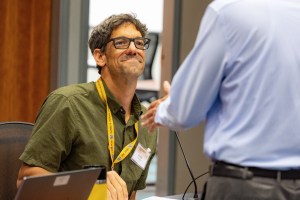
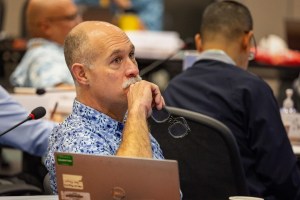

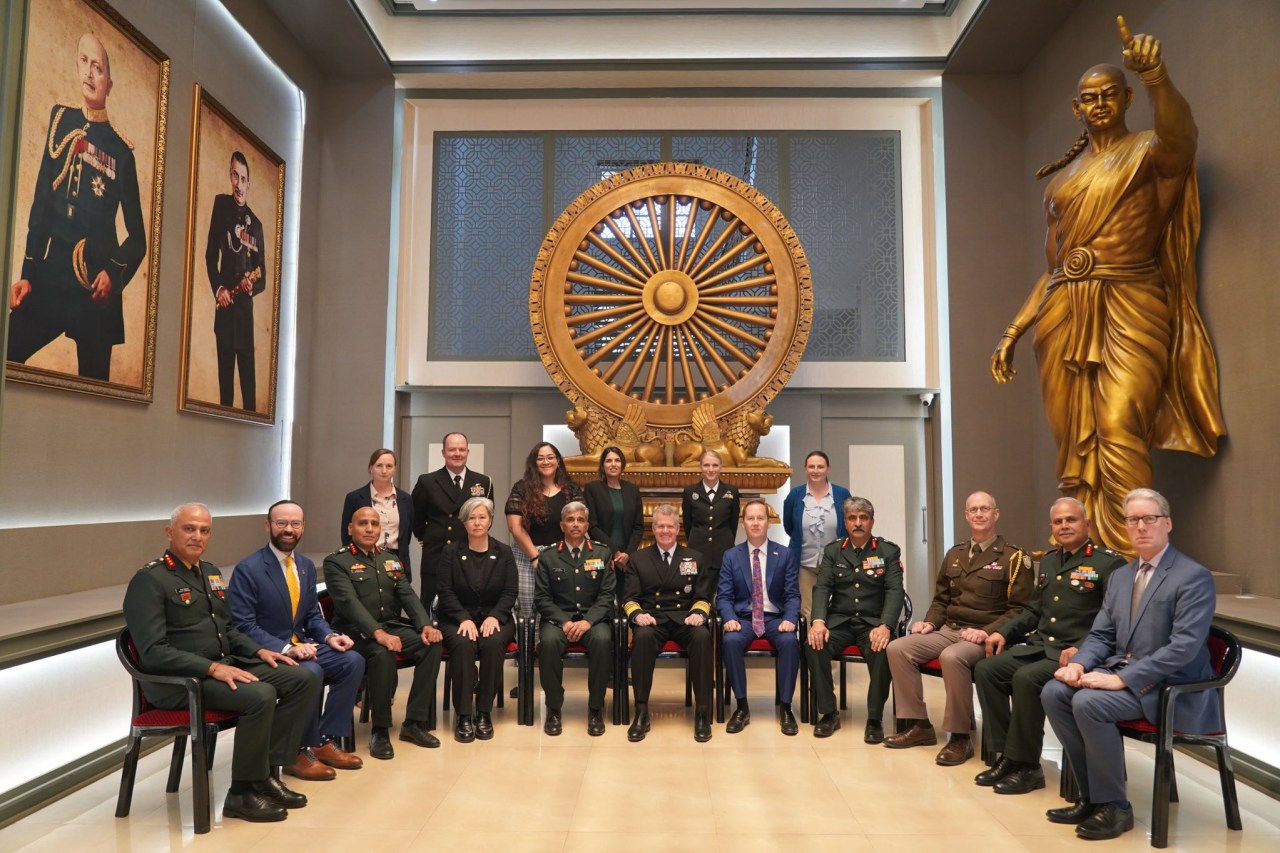
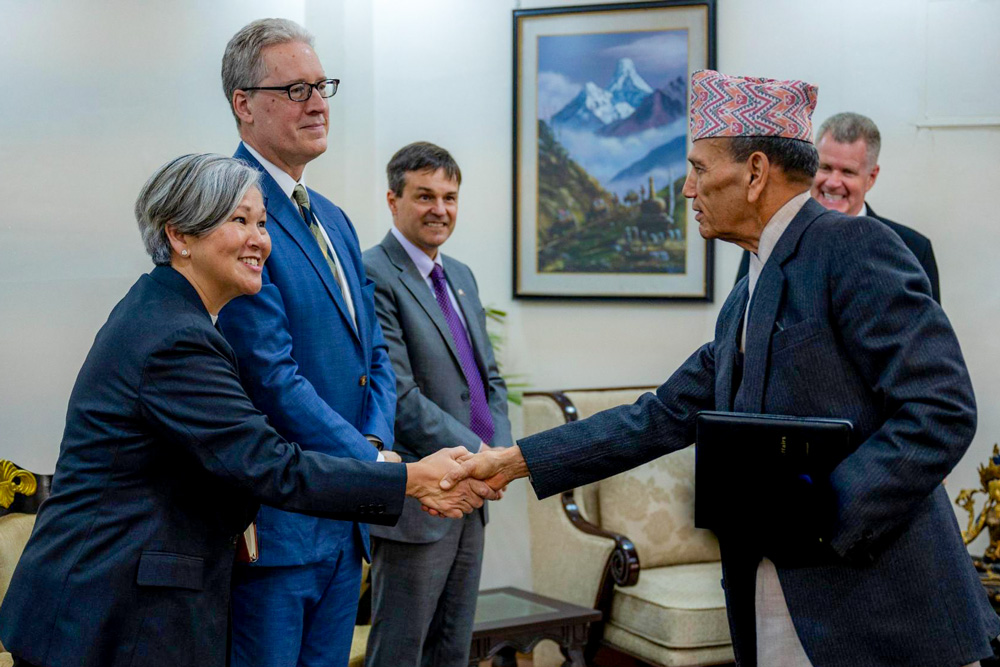
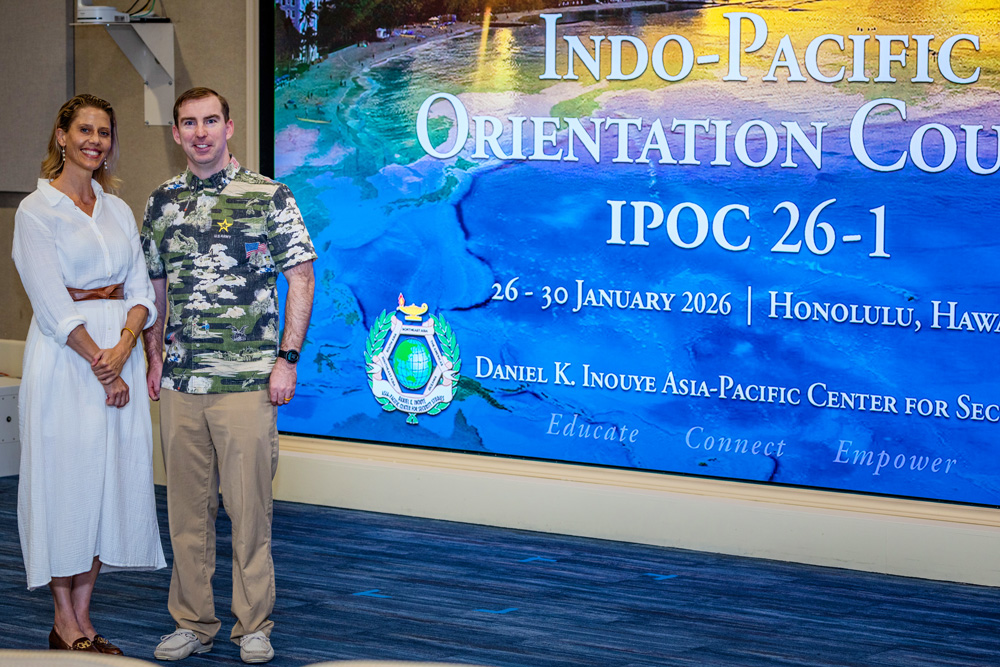




Leave A Comment